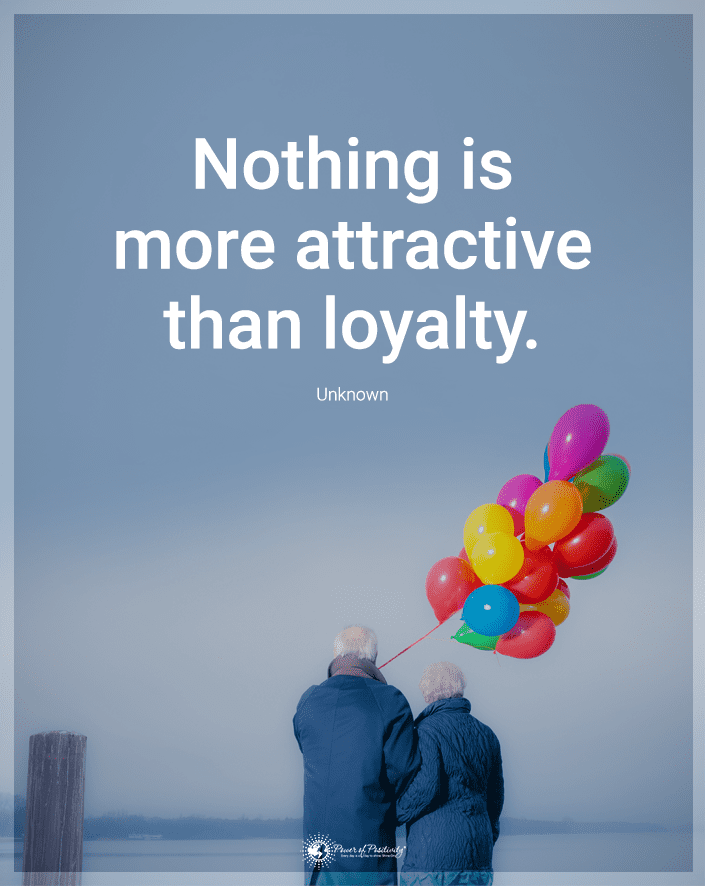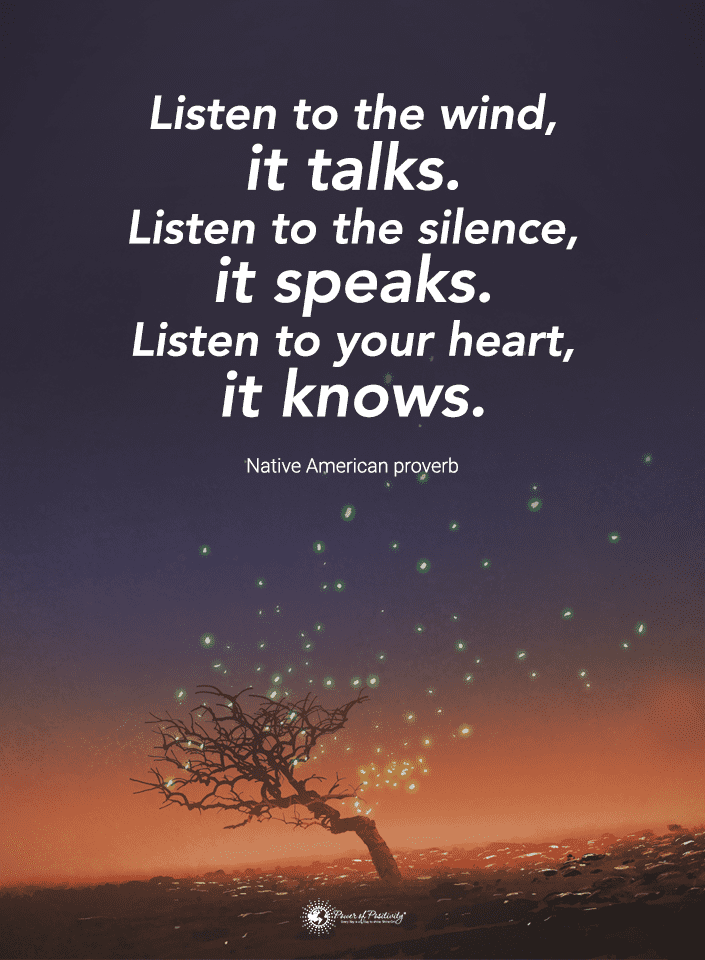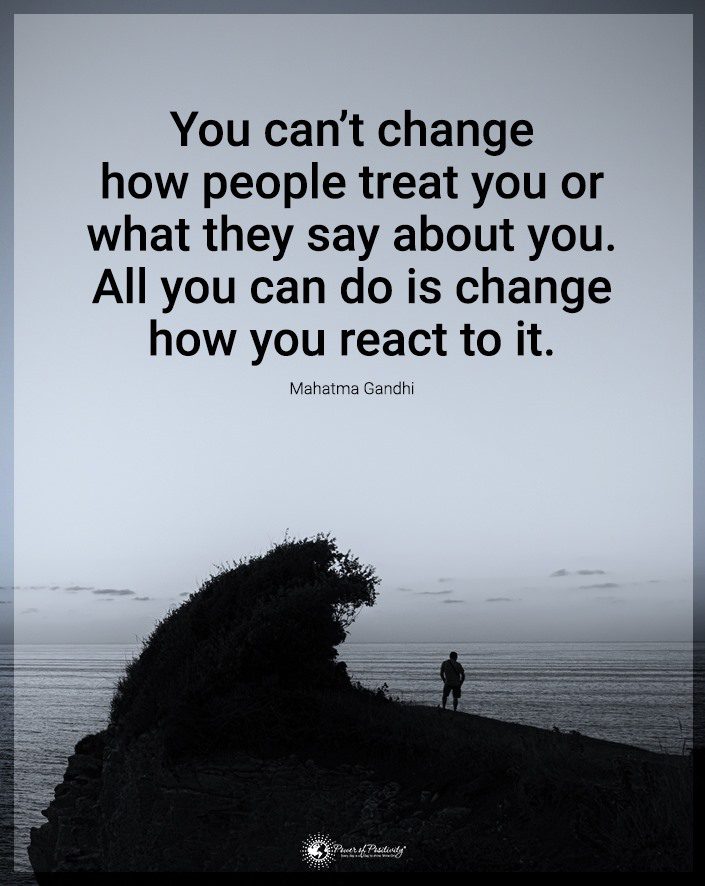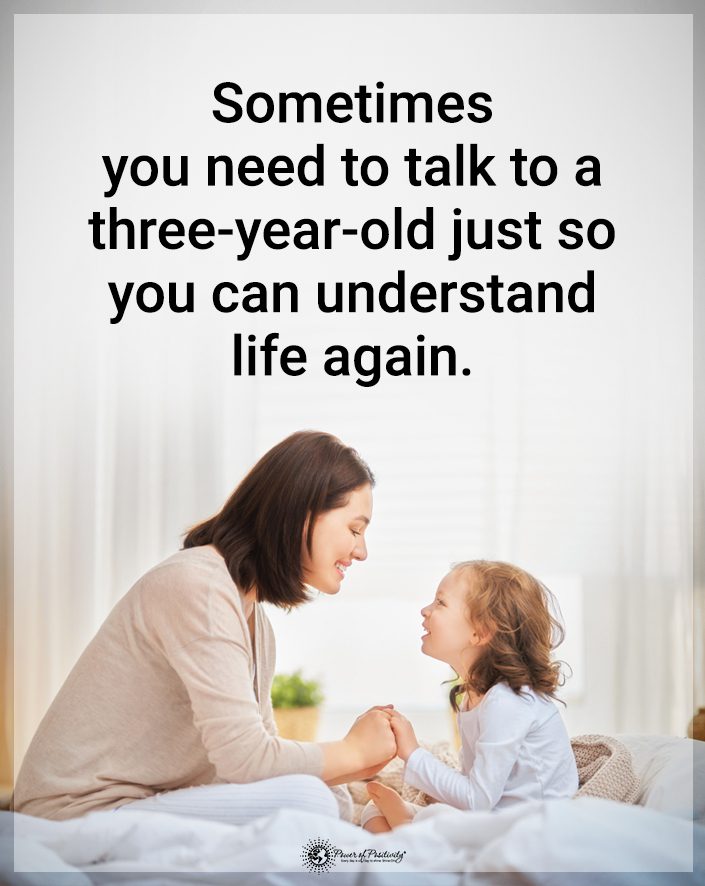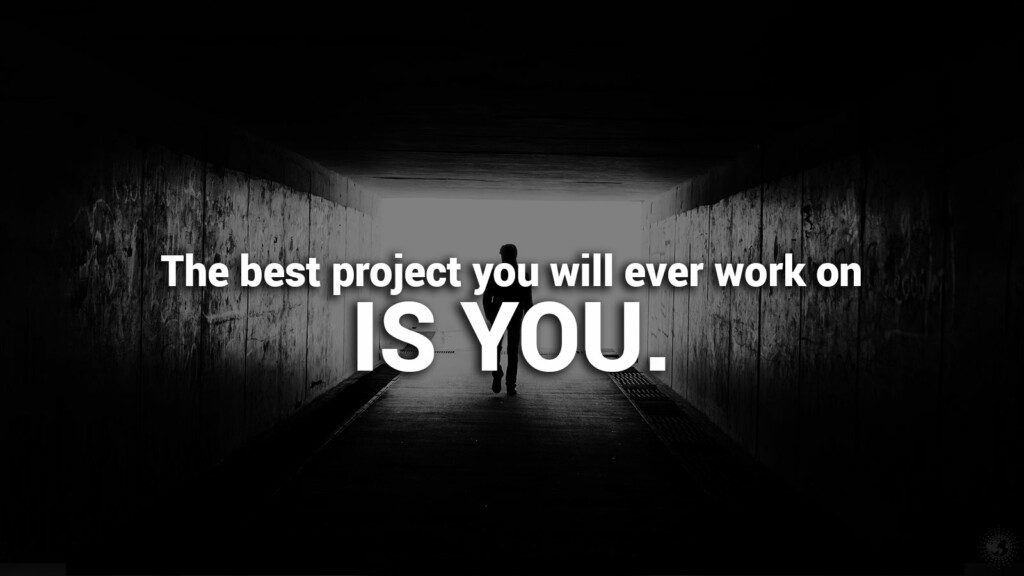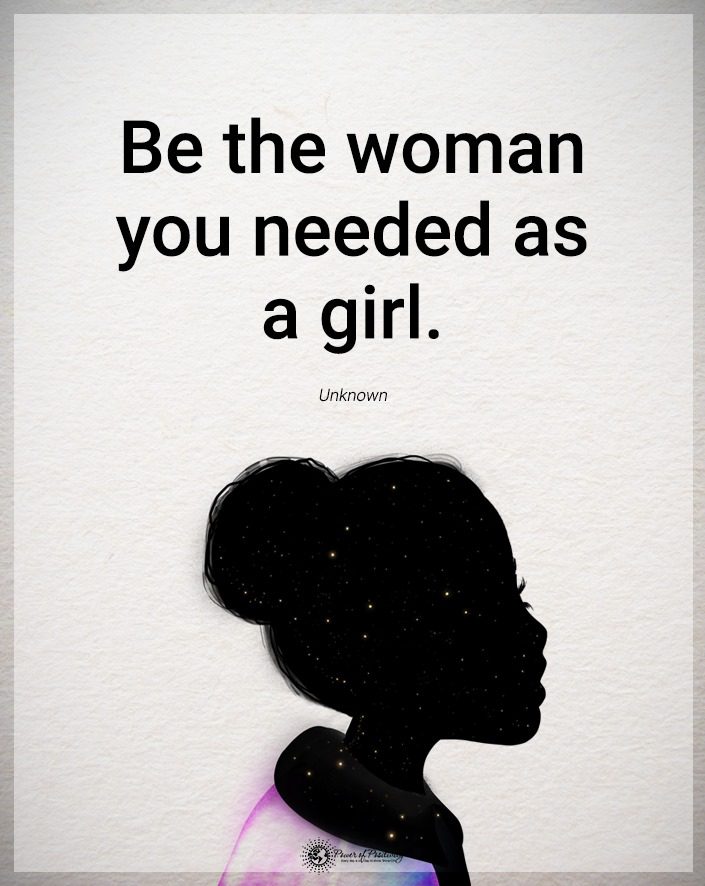Identify gaslighting behaviors and learn how to stop them.
Imagine swimming in the open ocean. The waves push against you, a strong current, making every stroke feel like a battle. On the shore, someone throws you a lifeline, shouts directions, and tries to guide you to safety. But the current is so strong, the water so murky, that you don’t recognize the. Nor do you hear the shouted instructions from the shoreline. That is what it feels like to be under the spell of a gaslighter.
You’re struggling, trying to make sense of your reality. But all the while, someone subtly manipulates it, making you doubt your perceptions.
Understanding the Term “Gaslighter”
The modern-day term “gaslighting” originates from a 1944 film, “Gaslight,” where a husband manipulates his wife into believing she’s losing her mind. He dims the gaslights in their home. Then, he denies that the light has changed, among other deceptions.
This psychological manipulation tactic makes the victim doubt their reality, memories, or perceptions.
In modern life, gaslighting has taken on a broader meaning. This behavior does not occur only in romantic relationships. Instead, you may also find it in friendships, workplaces, and families. The gaslighter’s primary goal is to gain power and control by making the victim question their sanity or reality.

1. A Gaslighter Will Deny What They Said or Did
Gaslighters have a knack for rewriting history. Even if you remember an event or conversation clearly, they will adamantly deny it took place or insist they never said what you heard.
This lie isn’t a mere lapse in memory. Instead, it’s a deliberate tactic to make you question your recollection.
Over time, this can destabilize your trust in your memory, leading you to rely more on their version of events. Thus, it may embolden the gaslighting behaviors.
How to fix it:
Trust your memory by documenting events. For every instance where you feel something significant was said or done, note it. Keeping a journal or record can help you validate your memories and provide evidence if you ever need to confront the gaslighter.
2. Trivializing Your Feelings
When you express hurt, concern, or any other emotion, a gaslighter might dismiss it as an overreaction. Phrases like “You’re too sensitive” or “You’re making a big deal out of nothing” are common.
This word choice invalidates your feelings. It also subtly communicates that your emotional responses are wrong or flawed, leading to self-doubt and suppressed emotions.
How to fix it:
Seek external validation outside of this relationship. Talk to trusted friends or family members about how you feel. Sometimes, an external perspective can help validate your emotions and provide clarity, ensuring you don’t suppress or invalidate your feelings.
3. Withholding Information
A gaslighter might deliberately leave out crucial details or feign ignorance to keep you off-balance. This tactic ensures that you never have the whole story.
As a result, it makes you more dependent on them for information. It’s a way to control the narrative and ensure you’re always one step behind, feeling isolated and uninformed.
How to fix it:
Be fearless about asking questions. Always seek out information for yourself. If you feel you’re in the dark, ask direct questions or find alternative sources of information to stay informed.
4. Countering Your Memories
Even if you’re sure about a past event, a gaslighter will challenge your memory, insisting that things happened differently. This tactic isn’t just about differing perspectives.
Rather, the gaslighter knows it can make you doubt your own experiences. The result? Confusion and a weakened trust in your judgment.
How to fix it:
Trust your recollections. While memories can sometimes be fallible, trusting your memory is essential. If someone consistently challenges your memories, consider seeking external perspectives to validate or clarify events.
5. A Gaslighter Projects Their Behavior onto You
Projection is a defense mechanism where one attributes one’s undesirable feelings or behaviors to someone else. If a gaslighter is lying or cheating, they might preemptively accuse you of the same actions.
This manipulation diverts attention from their misdeeds. Instead of accepting blame, they put you on the defensive, shifting the focus and blame.
How to fix it:
Understand the concept of projection and be vigilant. If accused of something out of the blue, take a step back and assess if the accuser might be projecting their behaviors onto you.
6. Using Confusion Tactics
Gaslighters often use a barrage of irrelevant information, arguments, or questions to divert from the main issue.
This tactic deliberately overwhelms and confuses you. Thus, it becomes harder for you to pinpoint and address the gaslighting behavior directly.
How to fix it:
Stay focused on the main issue. When faced with a barrage of irrelevant information, redirect the conversation back to the main point. Don’t allow yourself to be sidetracked by diversions.
7. Reinforcing Their Superiority
Gaslighters create a dynamic where they are the authority by constantly emphasizing their achievements, intelligence, or moral high ground.
This behavior makes it harder for you to challenge them. That’s because they’ve already established a narrative where they are always right, and you are perpetually in the wrong.
How to fix it:
Believe in yourself and know your worth. Remind yourself of your achievements, strengths, and values. Don’t let anyone undermine your self-worth. Surround yourself with positive affirmations and people who uplift you.
8. A Gaslighter Will Isolate You from Others
Gaslighters know that strength lies in numbers. They seize control of your moral support by driving a wedge between you and your friends, family, or colleagues.
As a result of this abusive behavior, you no longer have a support system that might validate your feelings or challenge their narrative.
How to fix it:
Keep connections with your friends and family outside of this relationship. Ensure you have a robust support system outside the gaslighter’s relationship. Regularly communicate with friends, family, or colleagues who can provide objective perspectives and support. If you’ve already broken connections, reach back out to mend them immediately.
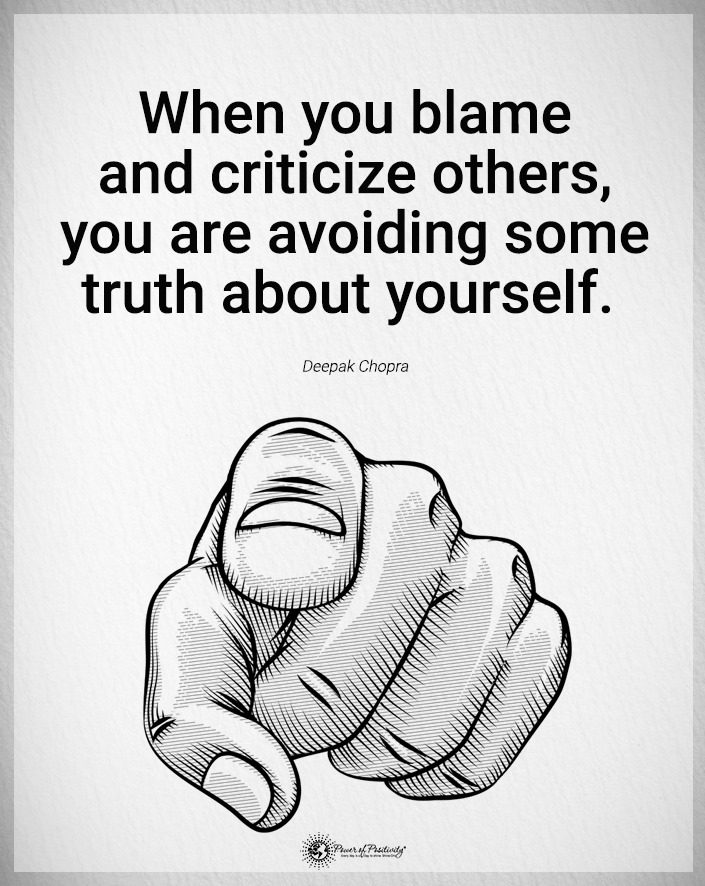
9. Using Your Weaknesses Against You
Everyone has insecurities or past traumas. However, gaslighting behavior will exploit these vulnerabilities to their advantage.
They can control and manipulate your emotions by bringing up these sensitive topics. After the incident, you feel exposed and defenseless.
How to fix it:
Set clear boundaries. Make it clear that personal attacks and bringing up past traumas are unacceptable. Establishing and enforcing boundaries can help protect your emotional well-being.
10. A Gaslighter Will Often Move the Goalposts
When you think you’ve met their standards or expectations, they change them. This manipulative tactic ensures that you’re in a perpetual state of striving.
In fact, you may never feel good enough. You also grow dependent on their approval to feel better about yourself.
How to fix it:
Learn to play the game by your rules. Set your standards and goals instead of constantly trying to meet shifting expectations. Celebrate your achievements, no matter how small, and don’t rely solely on external validation.
11. Using Positive Reinforcement Sparingly
Intermittent reinforcement is a powerful tool. Occasionally offering praise or rewards, a manipulator keeps you hopeful and attached.
However, these positive moments are fleeting. In fact, they are often followed by more manipulation, creating a toxic cycle of highs and lows.
How to fix it:
Find positive influences. Surround yourself with positive influences and people who consistently support and uplift you. Recognize the difference between genuine praise and manipulative reinforcement.
12. A Gaslighter Labels You as Crazy or Delusional
One of the most direct ways to discredit someone is to challenge their mental stability.
By labeling you irrational, overemotional, or insane, gaslighters can easily dismiss your concerns and maintain control over the narrative.
How to fix it:
If someone consistently undermines your mental stability, consider seeking a professional opinion. A therapist or counselor provides an impartial assessment and tools to cope. Victims of gaslighting often have trauma that can appear in future relationships. However, a professional can identify these areas and assist with releasing them.
13. Playing the Victim
Even when they are wrong, gaslighters can twist situations to appear as the injured party. This manipulation diverts attention from their behavior.
Additionally, it garners sympathy, further complicating the dynamic within the relationship.
How to fix it:
Stay grounded in the truth. Recognize when someone plays the victim and avoid getting drawn into their narrative. Instead, focus on facts and objective truths.
14. A Gaslighter Questions Your Credibility
Whether it’s challenging the validity of your sources, experiences, or even your education, gaslighters will find ways to make you second-guess your knowledge or beliefs.
This tactic undermines your confidence and strengthens your position. As a result, you grow more reliant on their credibility.
How to fix it:
Fall back on intuition. Believe in your knowledge, experiences, and intuition. If someone challenges your credibility, stand firm in your beliefs and seek out information to back up your stance if necessary.
15. Withdrawing or Stonewalling
Silence can be as manipulative as words. Gaslighters exert control by refusing to communicate or address issues, leaving you in limbo. As a result, you become desperate for resolution and clarity.
This tactic can be particularly damaging. That’s because it denies the possibility of open dialogue and understanding.
How to fix it:
If someone is stonewalling or withdrawing, express your need for open communication. Consider seeking mediation or counseling to facilitate dialogue if direct communication remains challenging.

Final Thoughts on Recognizing the Manipulations of a Gaslighter
Gaslighting is a subtle, insidious form of manipulation. But by recognizing the signs and understanding the tactics, you can begin to see the lifeline offered to you.
Like the swimmer battling the current, the first step to safety is realizing you’re not alone, and that help is available. With awareness, support, and determination, you can grab that lifeline and pull yourself onto the safety of the shore, away from the manipulations of the gaslighter.
Remember, your perceptions, feelings, and memories are valid. Trust yourself and seek the support you need to navigate the ever-churning waters of gaslighting.



